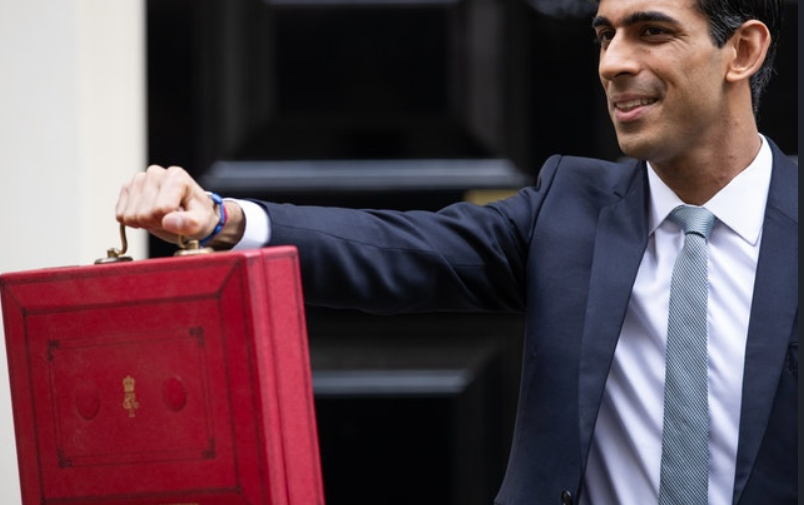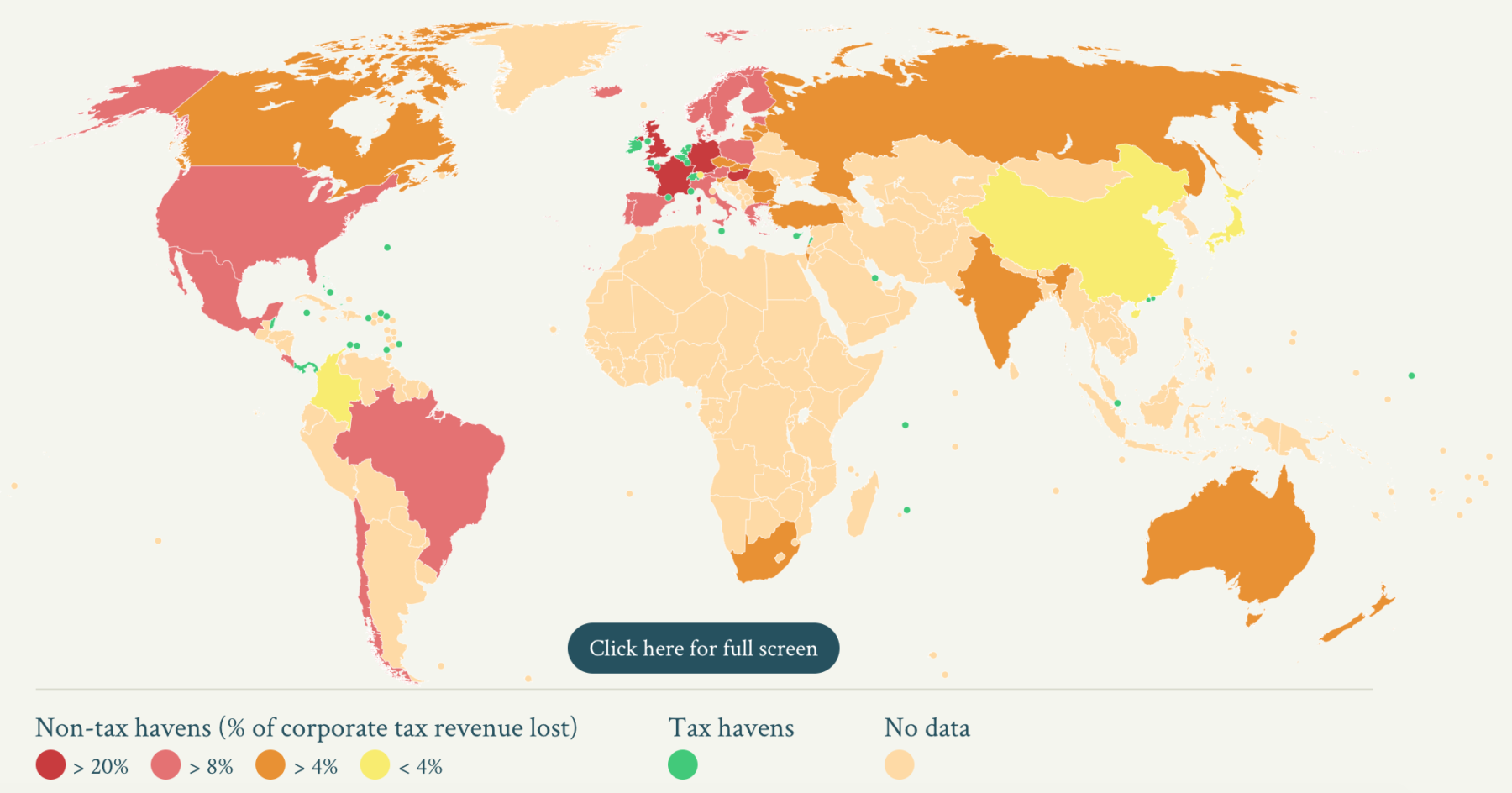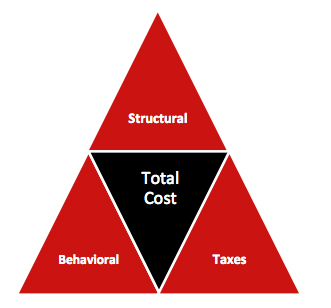The Union budget has imposed a 5 per cent tax on foreign travel packages bought from tour operators with effect from April 1, 2020.
Tour operators are liable to charge the amount as TCS (tax collected at source) when the package is bought. For those who do not have PAN or Aadhaar, the TCS rate will be 10 per cent. Although the buyer will be asked to pay the TCS upfront, his or her overall tax burden in a year will remain the same as the TCS amount will be set off against the overall annual tax outgo.
This suggests the government might not be able to collect additional revenue through this measure, and the move might only be to widen and deepen the tax net through “monitoring”.
“It appears that the provision to impose TCS on overseas tour packages is a way for the tax department to monitor foreign travel,” said Asim Choudhury, principal associate at Khaitan & Co.
In January, the IT department had proposed a detailed tax return form for those who spent more than Rs 2 lakh on foreign travel. However, the proposal was rolled back after widespread protests.
Travel industry participants said the tax department periodically sought names of people travelling abroad from tour operators. This is usually done to check if the spending on a tour is commensurate with the income shown in the annual return.
Anil Punjabi, eastern region chairman of the Travel Agents Federation of India, said the new tax could result in travellers finding ways to dodge buying tour packages. “Instead of buying tour packages from us, they will either curate a package themselves or take help from friends or family staying abroad to book flight tickets or hotels,” Punjabi said.
The budget has also tried to plug remittances sent abroad. An authorised dealer receiving an aggregate amount of Rs 7 lakh in a year shall also be liable to collect TCS at 5 per cent.




 Here’s something you don’t hear very often. Greece’s public finances are in very healthy shape.
Here’s something you don’t hear very often. Greece’s public finances are in very healthy shape.